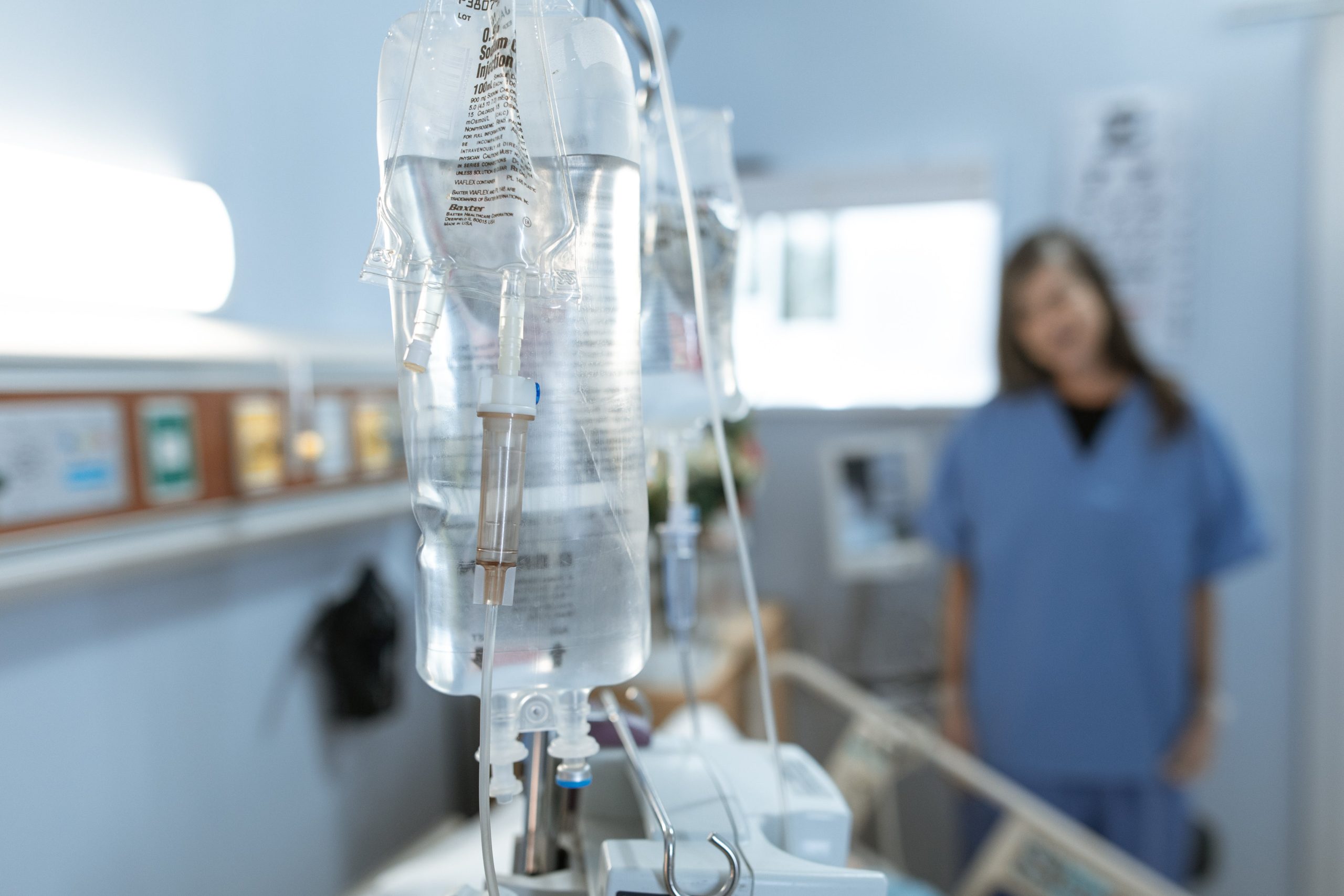Pharmaceutical Medicine
Pharmaceutical Medicine is the medical specialty that encompasses the discovery, development, evaluation and licensing of medicines together with their appropriate marketing and ongoing monitoring of their safety in clinical practice (lifecycle management of medicines).
Overview
Medical practitioners who work as pharmaceutical physicians undertake these activities in many different areas within the healthcare system and allied services including clinical trial units, academic departments, contract research organisations, national agencies, such as the Heath Products Regulatory Authority (formally the Irish Medicines Board), NSAI or National Medicines Information Centre in Ireland as well as the pharmaceutical industry. Although the majority of pharmaceutical physicians (with the possible exception of those undertaking clinical trials) have no direct contact with patients, they are required to be fully registered with the Medical Council of Ireland in order to fulfil their duties. Pharmaceutical physicians are involved in activities on a daily basis (for example, evaluating ongoing safety with medicines in practice and promoting evidence-based prescribing) to reduce medication errors, maximise patient benefit and minimise harm with use of medicines.
Pharmaceutical physicians interact with other healthcare professionals on a regular basis – on medical information enquiries, in clinical trial activities, in preparing educational materials, including journal articles, textbooks, reference books, formularies, pharmacoeconomic assessments and e-learning materials – all of which encourage rational use of medicines in the interest of patient safety.
Pharmaceutical physicians from either the pharmaceutical industry or national agencies may also be called upon by the media to give guidance on drug-related events of public interest.
This training programme will provide the knowledge and competence for a doctor to be trained in all aspects of drug development, the regulation and safe use of medicines, and with good communication skills who will be able to assist healthcare professionals, as well as pharmacoeconomic and regulatory competent authorities in the rational use of medicines, in the interest of public health.
Training in pharmaceutical medicine iscompleted in two stages:
- Basic Specialist Training in General Internal Medicine (or an equivalent programme) – Two years
- Higher Specialist Training in Pharmaceutical Medicine – Four years
Higher Specialist Training (HST)
Requirements
- You must have completed Basic Specialist Training in the relevant specialty (or an equivalent programme) by the start date for HST. Please note that not all BST programmes offer consideration of equivalence.
- You must have achieved a relevant postgraduate qualification such as MRCPI in General Medicine, General Paediatrics or Obstetrics and Gynaecology. Please note: we have reverted to the previous regulations regarding the examination which were in place before COVID-19. That is, all HST candidates must have successfully passed their MRCPI Clinical Examination relevant to their speciality before their HST interview date. There are no exceptions to this requirement.
- You must be currently or previously registered on one of the divisions of the Irish Medical Council, or provide proof of eligibility for registration You must have proof of competency in the
English language in line with HSE specifications. - You must have demonstrated an aptitude for, and an interest in, that specialty.
